Cal High becomes state finalists in Samsung competition
Team designs diabetes smart speaker, moves on to nationals
Assistant principal Azine Davoudzadeh and the Samsung Solve For Tomorrow competition team discuss their plans for their diabetes smart speaker, Nutree. The team is among the state finalists and has already won $2,500.
Cal High’s team for the Samsung Solve for Tomorrow competition was named a state finalist and already won $2,500.
That’s small potatoes compared to what the team is competing for now.
Creating a design for a diabetes smart speaker called Nütry, Cal’s team and will now compete for $100,000 in prizes at the national level.
The Samsung Solve for Tomorrow competition involves schools around the nation to come up with STEM-related solutions to contemporary problems in their communities. The entry period for the contest started at the end of 2022, and the competition is currently in its third phase.
The first round of finalists for the state competition was announced before Jan. 18, but the California champions have yet to be announced. Once that happens, the national finalists will be announced on April 15, with the competition wrapping up a month after that.
Cal’s team won $2,500 as state finalists and if they manage to become state winners, they’ll win a total of $12,000. After the state finals comes the national level competition, where the winning school will be awarded $50,000.
“The project [for the competition] had to apply STEM to a current problem […] preferably more local,” said junior Luke Ko, who specialised in AI and Human Biology.
The guidelines given by the competition were very loose in order to promote creativity, so the team ended up deciding between two possible directions to take.
“It came down to two ideas: one wanted to deal with wasted food in the refrigerator, and the other one was dealing with the digital divide,” assistant principal and club adviser Azine Davoudzadeh said.
Davoudzadeh advised the national champion team from Dougherty Valley three years ago and has been instrumental in Cal’s success.
The team decided to split into two groups and research each topic thoroughly. Then each of the two groups would come together and try to market their idea to the whole team. After a series of pitches, the students started leaning more toward the food-related issue.
But after some market research, the students realized that solutions already existed to food going bad in the fridge, so they shifted their focus toward diabetes.
“We noticed that Type 2 diabetes can be reversed in a lot of cases,” Davoudzadeh said.
Certain lifestyle changes can decrease the issues caused by Type 2 diabetes, and, realizing how much an invention in this field could do, the team decided on a new goal.
“We focused on a smart speaker that’s almost like a life coach or a motivator to the use,” Ko said. “It encourages users to make lifestyle changes specifically for their diet.”
This speaker is called Nütry, and will function similarly to speakers made by Amazon and Google, but it would be specifically designed to help with nutrition and dieting.
Diabetes is currently the seventh leading cause of death in the United States, according to the Centers for Disease Control and Prevention. Since diabetes is such a widespread issue that many have personal experiences with, choosing to focus on a solution for it gave the team confidence that their efforts were meaningful and worthwhile.
After the team decided on a possible approach to addressing Type 2 diabetes, it had to submit an idea for the first phase of the competition.
“The first phase was just the general application phase. What is the problem and what is the solution?” junior Arnav Pandey, a software developer for the team, said.
After that application had gone through, the team set about completing their submission to the last round of the state finals. The second phase required a much more thorough and actionable plan to implement the idea.
“Once we get through the second phase we will be able to start actually developing the device,” Pandey said.
The team has groups of both hardware and software developers to construct a working prototype of their device efficiently. Every member of the team is a Cal student.
“We’re using AI in our product, which will respond to user prompts,” senior Ashley Chang, who specializes in AI and machine learning, said.
Much of the challenge in this competition will come from the later stages, which require working models of the product to be displayed.
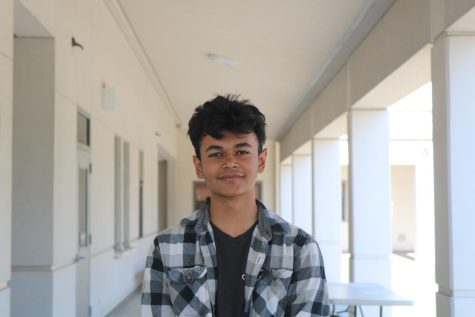
Senior Rohan Iyer is a staff writer for the California High school newspaper. This is the second time he has taken part in The Californian paper as a writer,...
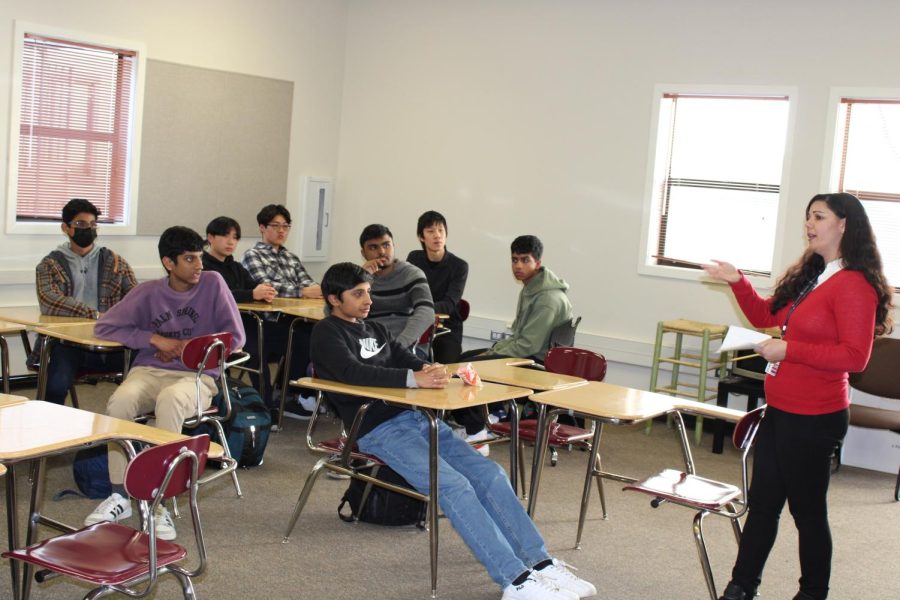
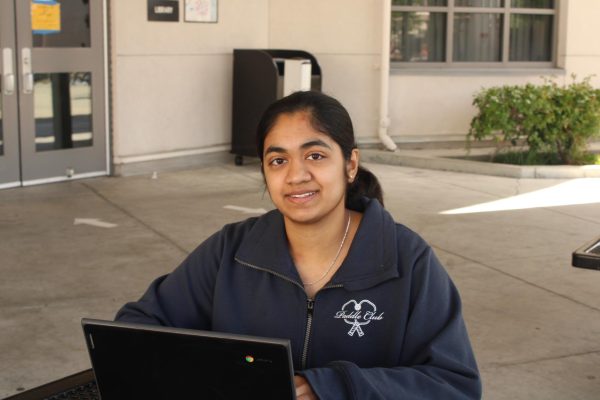
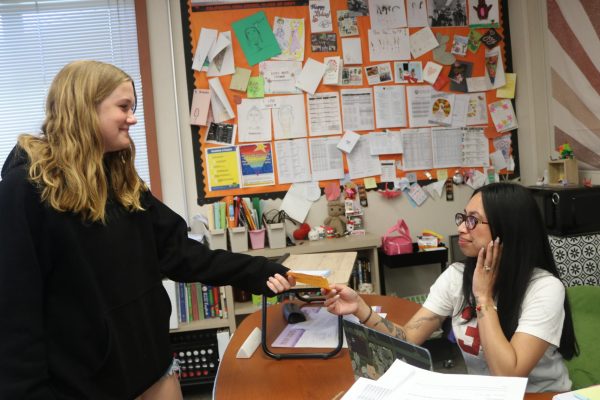
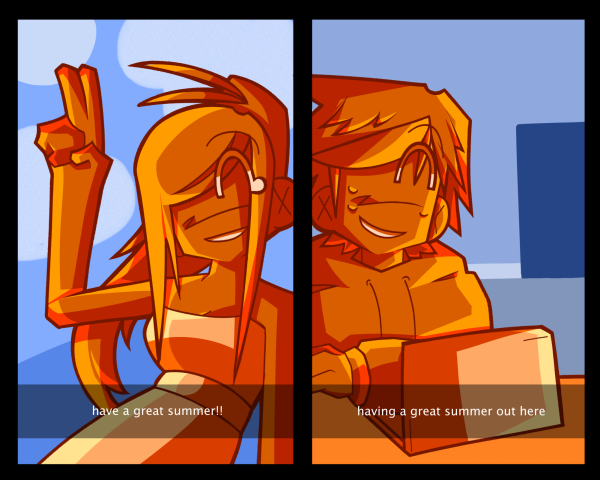
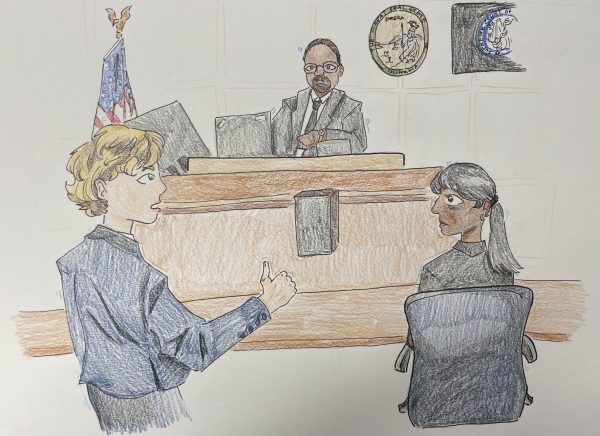
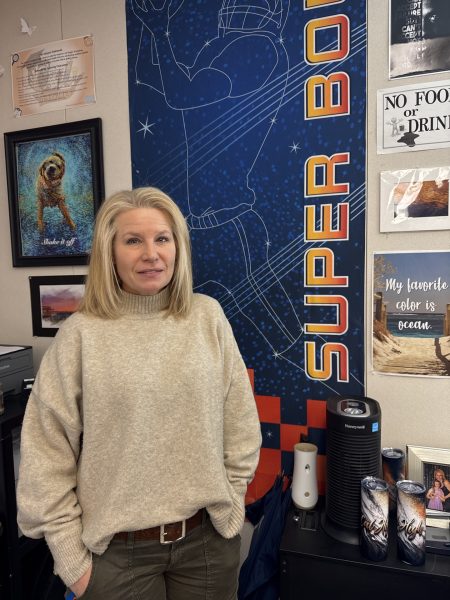
Titus Ko • Jul 7, 2023 at 5:35 pm
Good Job! Luko Ko and the Team.